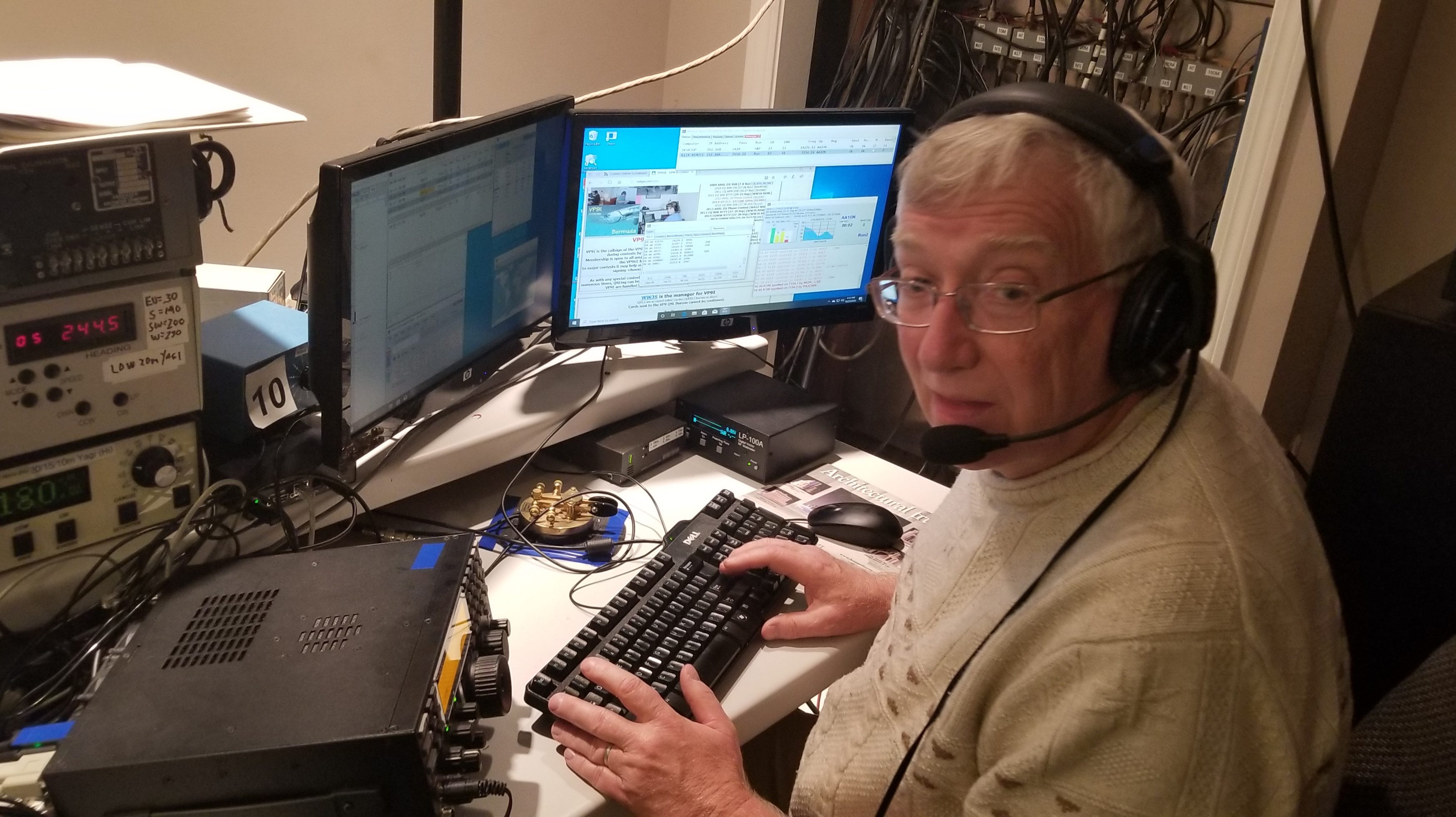
Students must attain a PGPA and/or a CGPA of 2.0 or better in each semester and pass the necessary prerequisite courses to progress through the program. Introduction to Digital Productivity Applications and Web Design
Radio international code#
Looking for course descriptions and requisites? Visit the course catalogue First Year Semester 1 Course Code We recommend you add the domain to your safe senders' list or you risk missing critical email messages. Ensure your personal email account is managed appropriately to receive our emails, files and communications. Communication during admissionĮmail is the primary source of communication during the selection process. International students are responsible for maintaining their eligibility throughout their studies. International students attending all classes online will NOT be eligible for a Post-Graduate Work Permit. This program meets the eligibility criteria for the Post-Graduation Work Permit program for international students as long as the student is enrolled in the on-campus delivery mode or completes more than 50% of the courses on campus (for the blended option). You must submit final transcripts/grades to show you have completed the courses and met the minimum admission requirements by the transcript deadline or your seat will be rescinded. Step 4: Continue to monitor changes to your application status through mySAIT.ca.

Students also receive training in music directing and traffic management to round out this exciting and worthwhile career path. Students progress from mastering audio basics to advanced digital multi-track production, perform duties in the sales and promotions departments, and rotate through station positions including on-air personality, creative director, and production manager.

Radio students gain valuable industry experience by operating SAIT’s campus radio station (accessible worldwide at ). Students choose the option that best fits their individual skills and interests, in preparation for a challenging, creative and exciting career in the media. The Radio, Television and Broadcast News (RTBN) program is divided into three options: Radio, Television or Broadcast News. Learn through courses in writing and reporting, video and audio production, scriptwriting and more.

Train to be an on-air radio personality, video content producer or journalist through this program that spans multiple media platforms.


 0 kommentar(er)
0 kommentar(er)
